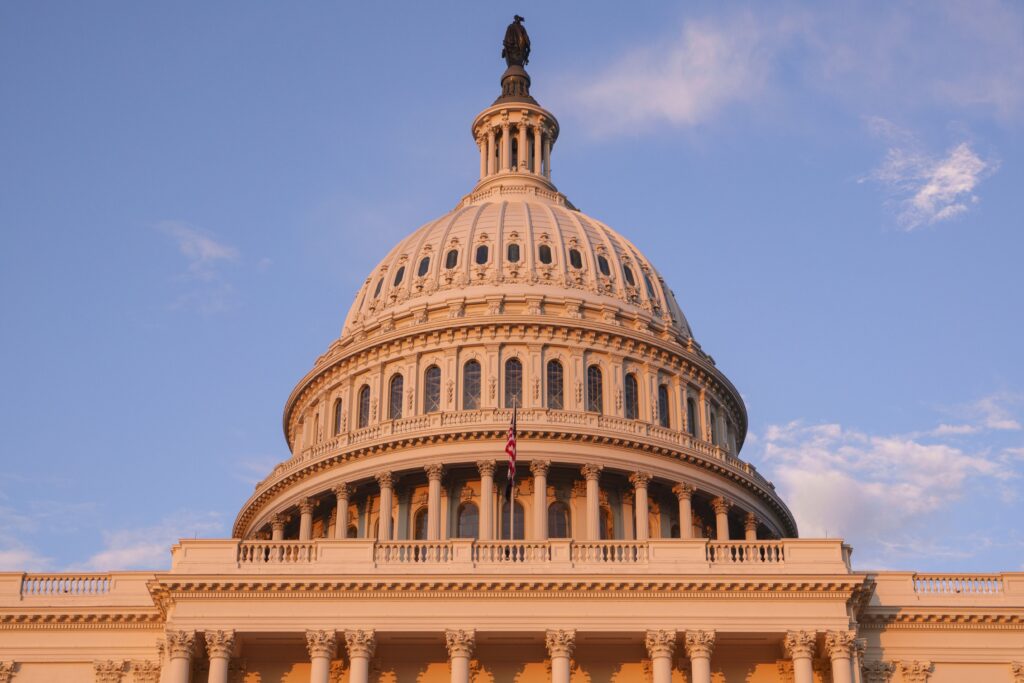
The Department of Government Efficiency (DOGE) has introduced an artificial intelligence tool aimed at identifying and eliminating a substantial number of federal regulations. According to a report from The Washington Post, the tool, known as the “DOGE AI Deregulation Decision Tool,” has flagged approximately 100,000 out of 200,000 federal rules as candidates for deletion. The ambitious goal is to create a “delete list” that could halve the number of all federal regulations by September 1.
The initiative is part of a broader effort to streamline government processes under the Trump administration. The AI tool is reportedly being implemented across several federal agencies, including the Consumer Financial Protection Bureau (CFPB) and the Department of Housing and Urban Development (HUD). At HUD, the tool has been used to review over 1,000 regulatory sections and has allegedly authored “100% of deregulations” in the agency. The aim is to target rules that are deemed no longer necessary under current legal frameworks.
Despite the ambitious goals, concerns about the AI tool’s accuracy have emerged. Several employees at HUD expressed skepticism to The Washington Post, noting that the AI frequently misinterprets legal language and misidentifies regulations. This has raised questions about the reliability of such a tool in making critical policy decisions.
The Deregulation Decision Tool is one of several AI-driven projects initiated by DOGE. Other efforts include a comprehensive overhaul of the U.S. General Services Administration, which emphasizes an AI-first approach, and automated monitoring of communications from the Environmental Protection Agency (EPA) for content related to diversity, equity, and inclusion or for any material perceived as anti-Trump or anti-Musk. Additionally, DOGE is utilizing AI to assist in coding for the Department of Veterans Affairs, although reports indicate that this project has encountered numerous bugs and errors.
As the implementation of these AI tools progresses, the effectiveness and implications of relying on artificial intelligence for regulatory decisions will be closely scrutinized. With the potential to significantly reshape the federal regulatory landscape, the actions of DOGE could have far-reaching consequences for governmental efficiency and oversight.







